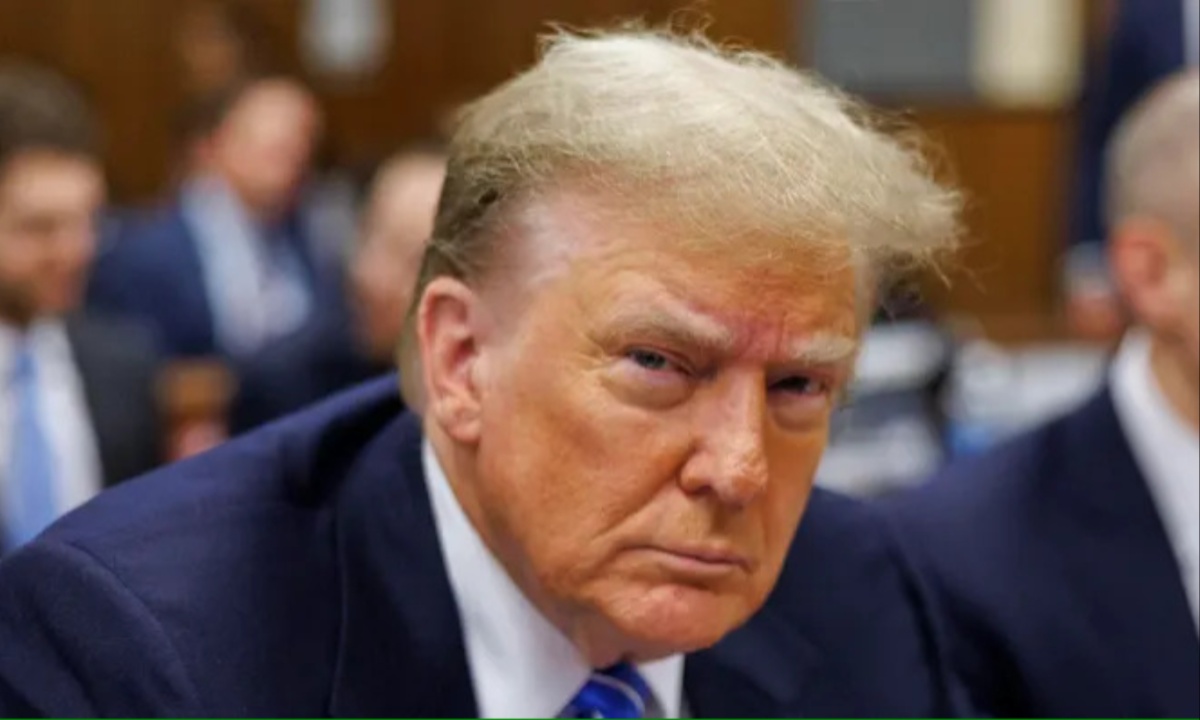The US Supreme Court’s recent decision granting Donald Trump partial immunity from criminal prosecution represents a significant victory for the former president. Despite not being completely exonerated in his Washington DC federal election subversion case, the ruling reduces the likelihood of Trump facing trial before the upcoming election.
The court’s 6-3 decision, reflecting ideological divides, will delay the trial and is aligned with Trump’s legal strategy of postponements.
Chief Justice John Roberts authored the decision, which undermines one of the key allegations against Trump and questions the legal strength of the others. Special Counsel Jack Smith’s case against Trump includes accusations of assembling fake electors and initiating fraudulent election investigations to obstruct the certification of Joe Biden’s 2020 election victory.
The indictment charges Trump with conspiracy to defraud the United States, obstruction of an official proceeding, and conspiracy against rights, among other counts.
Central to Smith’s indictment is the claim that Trump pressured acting attorney general Jeffrey Rosen and other Department of Justice (DoJ) officials to support his unfounded fraud claims, threatening to fire Rosen when he refused.
The Supreme Court ruled that Trump’s actions concerning Rosen were official acts, thus granting him “absolute immunity from criminal prosecution” for those actions within his constitutional authority. This significantly weakens the first count of conspiracy to defraud the United States, as it involved Trump’s alleged pressure on the DoJ.

The Supreme Court’s ruling does not entirely derail the case but introduces further delays. The court declared that Trump is presumptively immune from prosecution for official acts, though unofficial acts remain prosecutable.
This determination impacts other allegations but leaves open the question of whether Trump’s other actions can proceed to trial. Consequently, the lower court will have to address these issues, adding more delays to the proceedings.
The decision also touches on Trump’s efforts to pressure Vice President Mike Pence and interactions with non-executive branch parties regarding the election. The Supreme Court found that these actions could involve official conduct, thereby granting Trump presumptive immunity.
However, the justices emphasized that it is the prosecutors’ responsibility to rebut this presumption, a matter yet to be resolved. The court remanded questions about Trump’s interactions with private citizens and his comments related to January 6 to the trial court for further determination.
Justice Sonia Sotomayor’s dissent argued that the decision shields the president from legal accountability, potentially allowing misuse of presidential powers without consequence. This ruling fits into Trump’s broader legal strategy to delay proceedings until after the election, with hopes of appointing a favorable attorney general if re-elected.
Trump also faces other legal battles, including a New York hush-money case, state charges in Georgia for election interference, and a federal case in Florida over retention of classified documents. The cumulative effect of these delays means it is unlikely that any of these cases will reach trial before the election.


